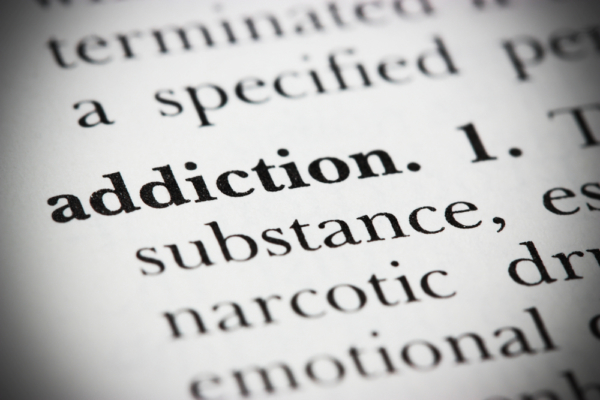If you have a friend or family member who is living with drug or alcohol addiction, you may notice he or she expressing common addict behaviors. Addiction to drugs or alcohol has a direct impact on the physical, psychological and behavioral traits of the addict. Over time, these traits may become more pronounced and complex and may lead to additional problems. Different types of drugs also have diverse effects that may lead to various addict behaviors. High functioning addicts may be able to control and hide the effects of drugs and alcohol better than other addicts, but eventually the truth becomes clear for all to see.
Common Addict Behaviors
No one can completely control the effects of drugs, and the more abuse that is involved the worse the effects may become. Addict behaviors run the gamut of odd, destructive, abusive, violent and criminal. An addict may suffer from uncontrolled behavioral problems and wonder why this is happening to him. The truth is that drugs and alcohol affect the brain, body and behavior in many different ways. There are a variety of common addict behaviors and we will explore some of them here:
Habitual Lying:
Lying is one of the biggest addict behaviors that an addict depends on to hide their addiction and get what they want. They will lie about their whereabouts when they are out getting drugs or using them. They will lie about why they had to be at a certain place at a specific time, and make up all kinds of stories to cover their lies. They will also lie about not having any money and why they need a loan from you, possibly stating the car broke down and had to be fixed, or their children need new clothes, or they are short because of unexpected doctor’s bills. There will always be a lie to cover up the truth.
Blaming Others:
The blame game is another type of addict behavior that takes all responsibility and accountability away from them and places the blame on someone else. They may blame their parents for their problems and shortcomings, or their boss for losing their job. Addicts place the blame of their problems on other people, things and situations. They will never admit that they had the free will to make their own choices and they have no one to blame but themselves. They may also deny that they have a drug problem or that they have the free will to get the help they need to recover from their addiction. They just continue along their destructive path and blame everything else for their misfortunes.
Manipulative Tactics:
Manipulation is another controlling behavior that an addict uses to get their way. Anyone who confronts the addict about his drug problem becomes a target. That person will be accused of not loving, supporting or understanding the addict. The addict may say that drugs are not a problem to him and he can stop at anytime. He may say he self-medicates with drugs to ease chronic pain or stress, and also to control a mental illness. There will always be a reason why the addict has to use drugs and all your objections are wrong because you don’t understand why.
Odd Behavior:
Abuse and violent behavior may be another effect of drug abuse. Some drugs cause disturbances in mental functions and the addict may become irritable, paranoid, anxious, moody, and violent. If an addict is also diagnosed with mental illness, the drugs will exacerbate his mental disorder and this may cause more extreme types of behavior. Addiction is both mental and psychological and the addict may be experiencing strong cravings to use his drug. Anyone opposition to obtaining or using his drugs will cause a strong physical, mental and emotional reaction. In his desperate attempt to meet the demands of his body for more drugs, the addict may become violent. All types of abuse, including spousal and child abuse may become a common occurrence.
Other common addict behaviors are: criminal activity to obtain or deal drugs, risky behavior, antisocial behavior, depression and more. Whatever an addict’s character was before he started using drugs will be radically altered. His values, judgments and morals may all change as he continues in his drug abuse. The only thing that will bring him back to himself is to give up the drugs by getting the help he needs. With social, psychological, and physical rehabilitation, the addict will find himself in a new and healthier place than before. Newark Drug Rehab Centers can help you begin your recovery journey. Just give us a call today at (862) 930-4070.



Leave A Comment